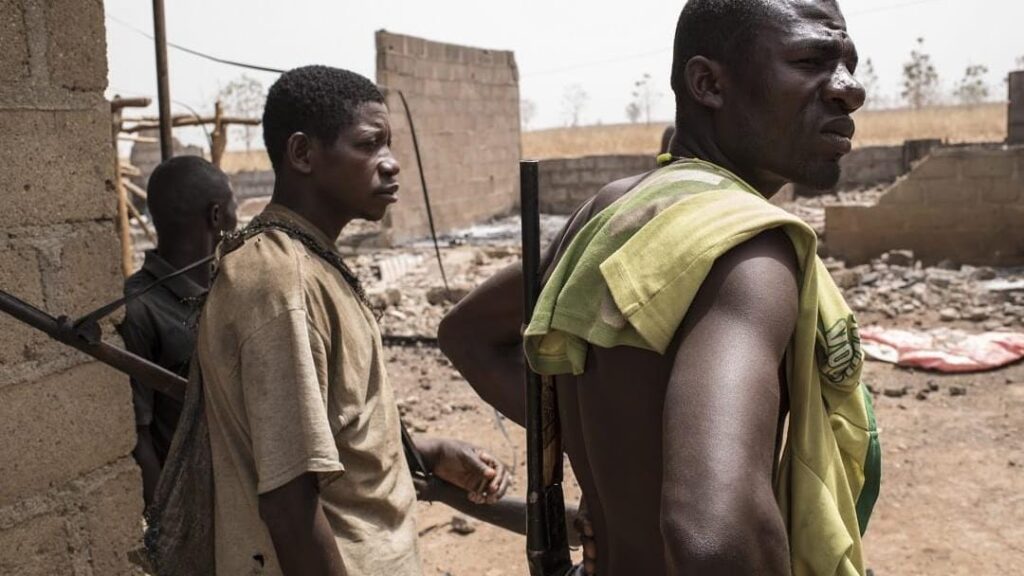
This week, violence broke out in a series of villages in remote southwest Niger, resulting in the deaths of at least 28 civilians, according to sources who spoke to media on Friday.
“For now we have recorded at least 28 dead, but the toll could go up,” a senior official in the Tillaberi region close to Mali, told media.
A number of the bodies had been swept away by the Niger river, he further stated.
In Ayorou, one of the four departments impacted, a local source reported that four individuals were killed and 26 others were injured by gunfire and knives.
The military authorities, who staged a coup on July 26 to overthrow President Mohamed Bazoum, did not confirm the reported killings.
A security source mentioned that “about 100 civilians” lost their lives in the recent outbreak of violence near the borders with Burkina Faso and Mali, areas often targeted by militants.
According to an individual within the local civil society, the violence stemmed from an ongoing “cycle of reprisals” between Peul herders and the settled Djerma population, both of whom inhabit the region.
“There was an attack against the herders so armed herder youths carried out reprisals … and that was repeated in other villages,” the civil society member said.
In late April and early May, clashes between the two groups erupted in villages and hamlets along the river, resulting in numerous casualties and injuries and also led to the temporary displacement of thousands of people.
According to a local radio journalist who spoke to media, the clashes that occurred in April and May were a response to “several murders” of villagers by suspected militants who engage in cattle theft and impose taxes.
During President Bazoum’s tenure, the authorities have consistently launched awareness campaigns to caution the public about militant attempts to provoke communal tensions.
